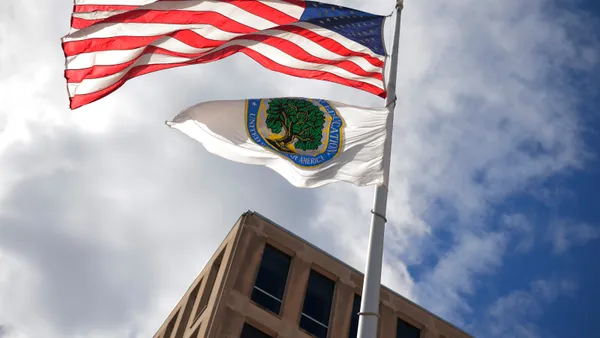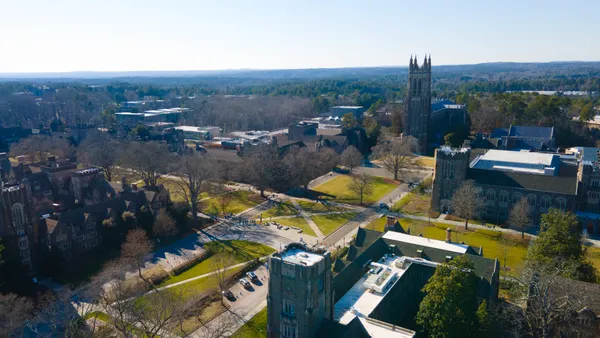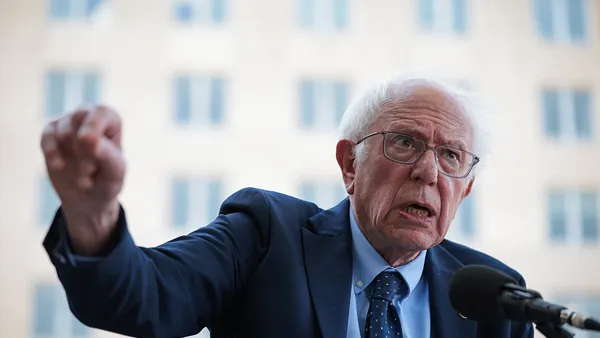Dive Brief:
- A three-judge panel of the U.S. Court of Appeals has upheld the Obama administration’s gainful employment rule through another challenge from the for-profit college sector.
- The Chronicle of Higher Education reports the Association of Private Sector Colleges and Universities had argued the rule, which holds vocational programs accountable based on the debt-to-earnings ratios of their graduates, represents an “unreasonable interpretation of the federal student loan program.”
- The panel, however, said the federal government would have created a grant system for vocational programs if it had not wanted to fund the training of students who ultimately would be gainfully employed and able to pay back their loans.
Dive Insight:
The gainful employment rule was proposed soon after Obama took office, but it took until 2011 to be officially introduced. It was one of the capstone projects of Secretary of Education Arne Duncan, and its implementation delay is one of his major regrets. Its original iteration was short-lived, as a judge blocked it in favor of a challenge by the Association of Private Sector Colleges and Universities. The first version held schools accountable for the debt-to-earnings ratios of their graduates as well as their cohort default rates.
While the for-profit college sector has been the group bringing forth challenges to the rule, they have had the support of many community colleges that fall under the rule’s jurisdiction. When the for-profit college association lost a challenge last June, the rule was cleared for implementation, though advocates worried the Republican-controlled legislature would refuse to fund enforcement.










